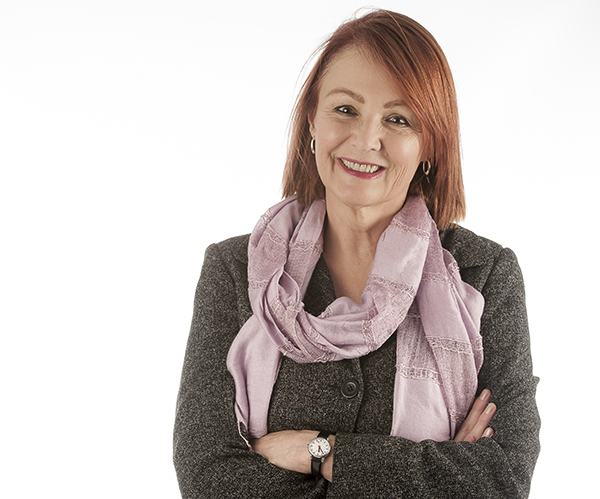Latest News Archive
Please select Category, Year, and then Month to display items
07 June 2019
|
Story Eugene Seegers
|
Photo Barend Nagel
 Tap on the red button labelled ‘Student Login’ at the bottom of the app to log in with your UFS student credentials.
Tap on the red button labelled ‘Student Login’ at the bottom of the app to log in with your UFS student credentials.
What? Your new KovsieApp is here!
How? Download this mobile app to your phone from the Apple App Store or Google Play Store.
Why? To access your information from the UFS website (current, registered students only ??).
It’s free! While you are connected to the on-campus Wi-Fi network.
Campus life just became a whole lot simpler. With the app, you can access personal information like study records, marks, class and exam timetables, mini fee statement, etc.
How to log in
Log in like this:
- Download the app, of course.
- Tap on the red button labelled ‘Student Login’ at the bottom of the app (see screenshot).
- Log in with your UFS student credentials.
- An OTP (one-time pin) will then be sent to the cellphone listed on your student profile. Do we have your correct number?
- Enjoy easy access to your personal UFS information with the KovsieApp! Unless…
… we don’t have your correct cellphone number. Please update your most recent contact number to get to your personal information in the app.
Updating your details
Please update your cellphone number by using the Student Self-service page on KovsieLife if you have trouble logging into or using the app.
Download Links
WATCH: Send the ravens!
Research chair into Higher Education gets boost for five more years
2017-11-21

Prof Melanie Walker, Director of the Centre for Research on
Higher Education and Development (CRHED).
Photo: Supplied
The research Chair in Higher Education and Human Development within the Centre for Research on Higher Education and Development (CRHED) at the University of the Free State has secured funding for another five years. It follows a favourable evaluation by the South African Research Chairs Initiative (SARChI) of the research project at the UFS.
The Director of the Centre, Prof Melanie Walker, says she is delighted by the recognition of the Chair's hard work and significant productivity. “This new round of funding secures the centre and its activities for the next five years.”
Under the auspices of the Chair, research is conducted on higher education, inequalities and social justice, and how or if universities foster the human capabilities and aspirations of students. In essence, the research studies whether higher education makes a difference to the lives of students, their families and communities. Prof Walker says the Chair's projects look at issues of access, participation and transitions into work, as well as gender, race and social class. The research uses quantitative and qualitative methods and includes a strand of participatory research projects with students.
Prof Walker says through the Chair research project, and the Centre, researchers have developed extensive international links and produced international quality research and publications. “We foster high-quality PhD graduates as a new generation of social science academics.” The Chair has in the first five years produced 10 PhDs and four master’s students.
The project in the next five years will continue with its focus on higher education and human development research. Prof Walker says all the research efforts seek to contribute to more justice in society and universities and to contribute to debates, policy and practices in higher education and a scholarly knowledge base.
The Research Chairs Initiative aims to improve the research capacity at public universities to produce high-quality postgraduate students, research and innovative outputs. The assessors looked at features such as the number of students the research entity had trained and how many publications the research team had produced.